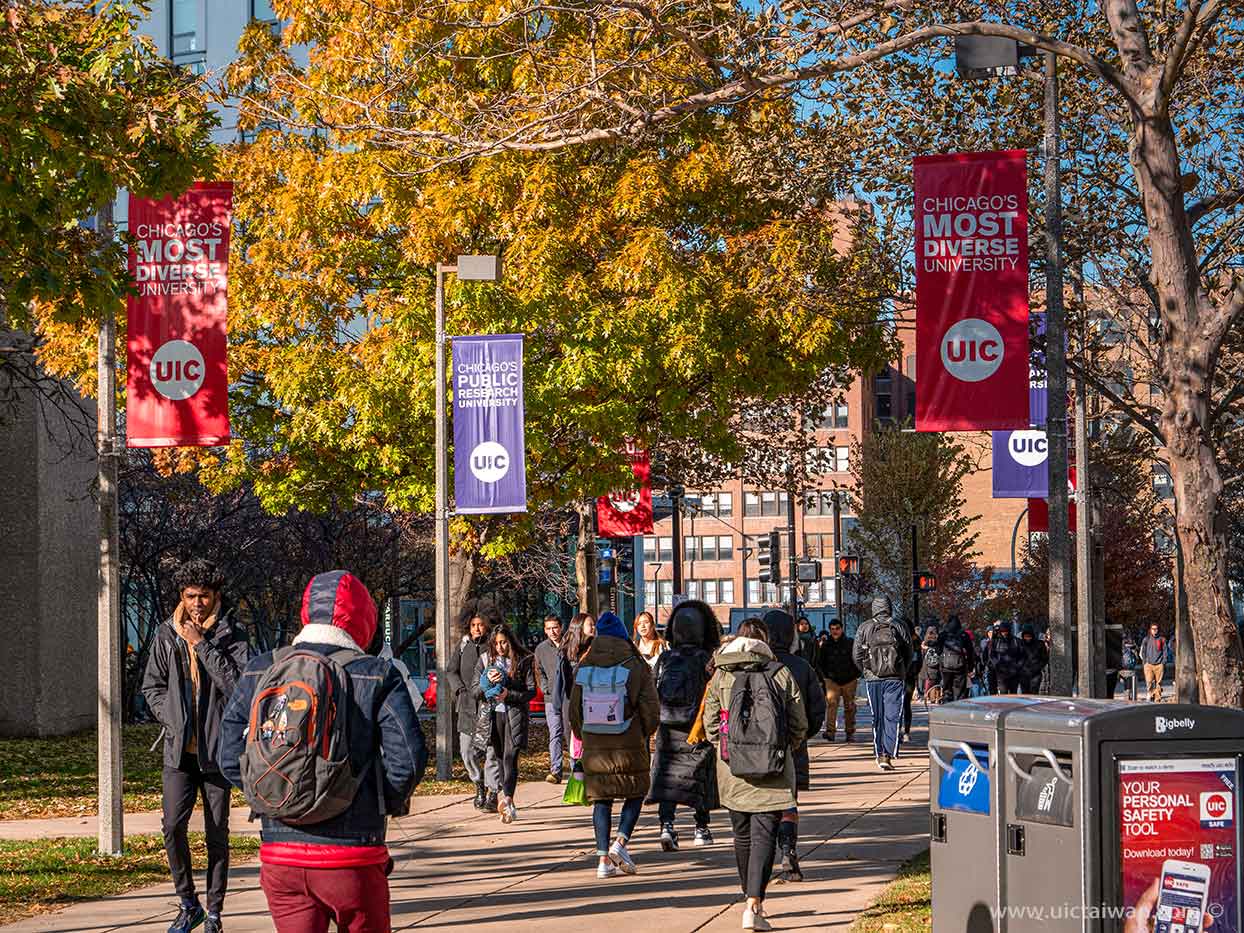One of the considerations for many international students when choosing a school and country is to prepare for staying and working locally after graduation, in order to secure better salary and living standards. However, a diploma does not guarantee employment. To seek a job and land their ideal position in the United States or the United Kingdom, international students need to not only strive to graduate but also pursue excellence—by maintaining good grades and GPA.
How Grades Affect Job Search for International Students
Compared to the workplace in Taiwan, which usually considers degree level and the university attended as the standard, workplaces in the United States, the United Kingdom, and other foreign countries also value the degree and university of the job seeker, but employers also refer to the candidate’s academic performance.
The main reason employers want to see academic performance is that they view grades as a reflection of ability and professionalism. They believe that candidates with good grades are more likely to have a thorough grasp of the skills related to their major, better time management, faster and more effective learning, and a diligent attitude towards assignments. Therefore, they are more likely to meet the company’s ability requirements for the job seeker.
Grades can influence job seekers in many ways, such as affecting the outcome of interviews and their development within the company. For example, when an interviewer determines that two candidates meet his or her requirements, they are more likely to hire the candidate with higher grades. In terms of salary, benefits, and other factors, employers may also offer better treatment to candidates with higher grades. If there are promotion opportunities in the future, the company will also consider the candidates’ academic qualifications, with employees who have higher education and better grades being considered for promotion.
As for what constitutes “grades,” it varies depending on the degree system and grading methods of different countries. Taking the major study destinations chosen by Taiwanese students as examples— in the U.S., employers primarily focus on GPA, while in the UK, they look at degree classifications.
Job Search in the U.S. Focuses on GPA
In the U.S., university grades are calculated based on GPA, which is typically out of 4.0. Employers expect candidates to have a GPA of 3.0 or above, and for certain highly specialized fields, a GPA of 3.5 or higher may be required. However, not all U.S. universities use a 4.0 scale for GPA, so it is recommended to mention the GPA scale on your resume, such as “3.5/4.3,” to provide interviewers with a reference for evaluation.
For more detailed information on GPA and its conversion, please refer tothis article.
Job Search in the UK Focuses on Degree Classification
UK universities also use GPA, but upon graduation, students are awarded a degree classification based on their performance during their studies. The classifications are ranked from highest to lowest as follows:
- First Class Honours, I
- Upper Second Class Honours, IIi, 2:1
- Lower-Second Class Honours, IIii, 2:2
- Third Class Honours, III
- Ordinary Degree, pass
If you want to be competitive in the job market, achieving a First Class degree is of course ideal. If not, at least aim for a 2:1 degree classification, which means a total score of 60% or above. For more detailed information on degree classifications and the UK grading system, please refer to this article.
Which Professions Require High Grades?
While it is common for employers to consider academic performance when hiring, the emphasis on grades can vary depending on the industry, the company, and the job role. Generally speaking, professions that require highly specialized skills place particular importance on academic achievements, such as:
- Doctors, veterinarians, healthcare industry
- Investment banking, actuarial insurance, financial industry
- Engineering, programming, technology industry
- Research and development, biotechnology
In contrast, fields that emphasize experience and personal qualities rather than technical expertise may not prioritize grades as the most important factor for selection.
- Marketing, public relations, human resources
- Retail, hospitality, service industry
Grades Are Not the Only Indicator for Job Hunting
Although grades are one of the factors that overseas interviewers consider when hiring, they are not an absolute criterion. International students whose grades are less than ideal upon graduation can still adopt the following strategies to highlight other outstanding qualities that are not measured by grades, leaving a positive impression on interviewers.
- Highlight Strong Required Course Grades
Interviewers refer to academic performance because they believe it is related to the ability to learn. However, international students typically do not only take required courses. Sometimes, the overall grade can be dragged down by elective or general education courses. In such cases, job seekers can compensate by emphasizing the average grade of their required courses in their resumes. If your required courses consistently rank at the top, it’s a good idea to calculate the average grade of your required courses and note it as “Major GPA” before the grade.
- Include Internship, Club, Volunteer, and Other Extracurricular Experiences
While professional skills are important, soft skills such as teamwork, communication, and project management—skills that cannot be quantified—are often the key to success in the workplace. Interviewers, who have seen many candidates, are well aware of this. Therefore, if job seekers have relevant experience in internships, clubs, volunteering, etc., don’t hesitate to list the activities you participated in, the roles you held, the experiences you accumulated, and how you plan to apply them in the workplace. You might even find that one enriching internship could outweigh a perfect score sheet in the eyes of a hiring manager.
- Explain Uncontrollable Reasons for Poor Grades
While the relationship between grades and a student’s effort is usually direct, sometimes circumstances beyond one’s control affect grades. If a drop in performance was due to uncontrollable factors, such as having to work part-time due to financial difficulties, or facing a medical emergency that caused you to miss classes, be honest when asked about the reason for your poor grades. Help the interviewer understand that grades do not fully represent your capabilities.
Job hunting is all about selling yourself. Why highlight your weaknesses to potential employers? If your GPA is below 3.0, with no special reasons and no standout required course grades, just leave it off! Don’t mention your GPA in your resume unless the interviewer asks!
Every country has its own unique workplace culture. In countries like the U.S. and the U.K., considering grades is part of their culture. If you’re worried about the impact of your grades, know that grades are not everything! Demonstrating your capabilities with practical examples, including soft skills, work experience, and character, can convince employers that you are a perfect match for the position!



 Study Abroad in Different Countries
Study Abroad in Different Countries Popular Majors
Popular Majors Application Process
Application Process Study abroad exam
Study abroad exam Visa Application
Visa Application Study Abroad Life
Study Abroad Life








 Study in the USA
Study in the USA Study in Australia
Study in Australia Study in the UK
Study in the UK Study in the Netherlands/Ireland
Study in the Netherlands/Ireland Study in Canada
Study in Canada Conditional Admission
Conditional Admission



